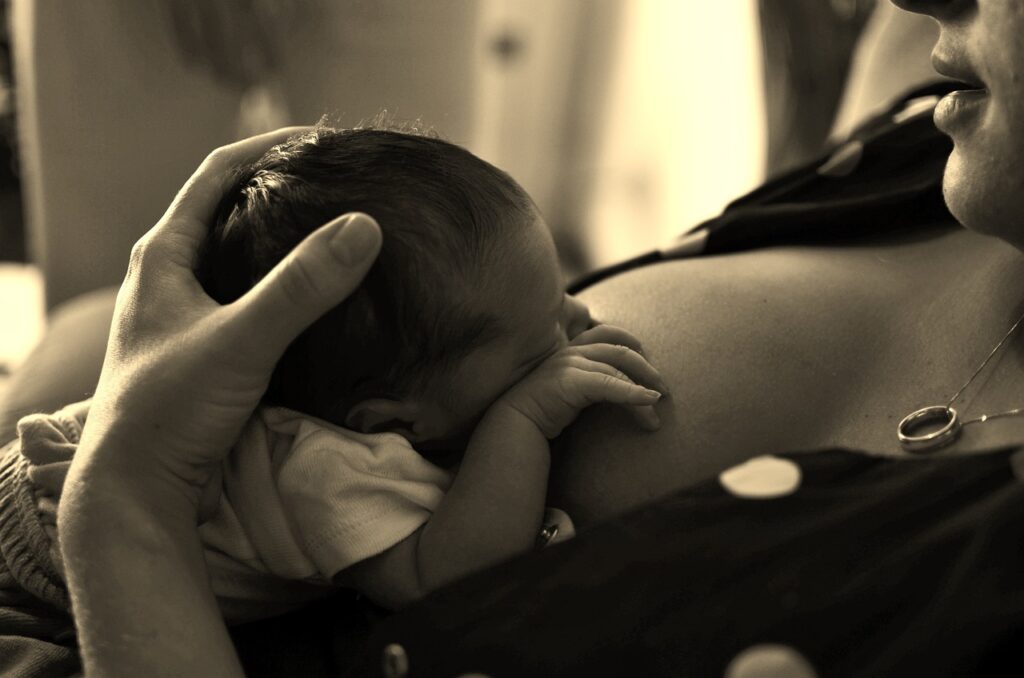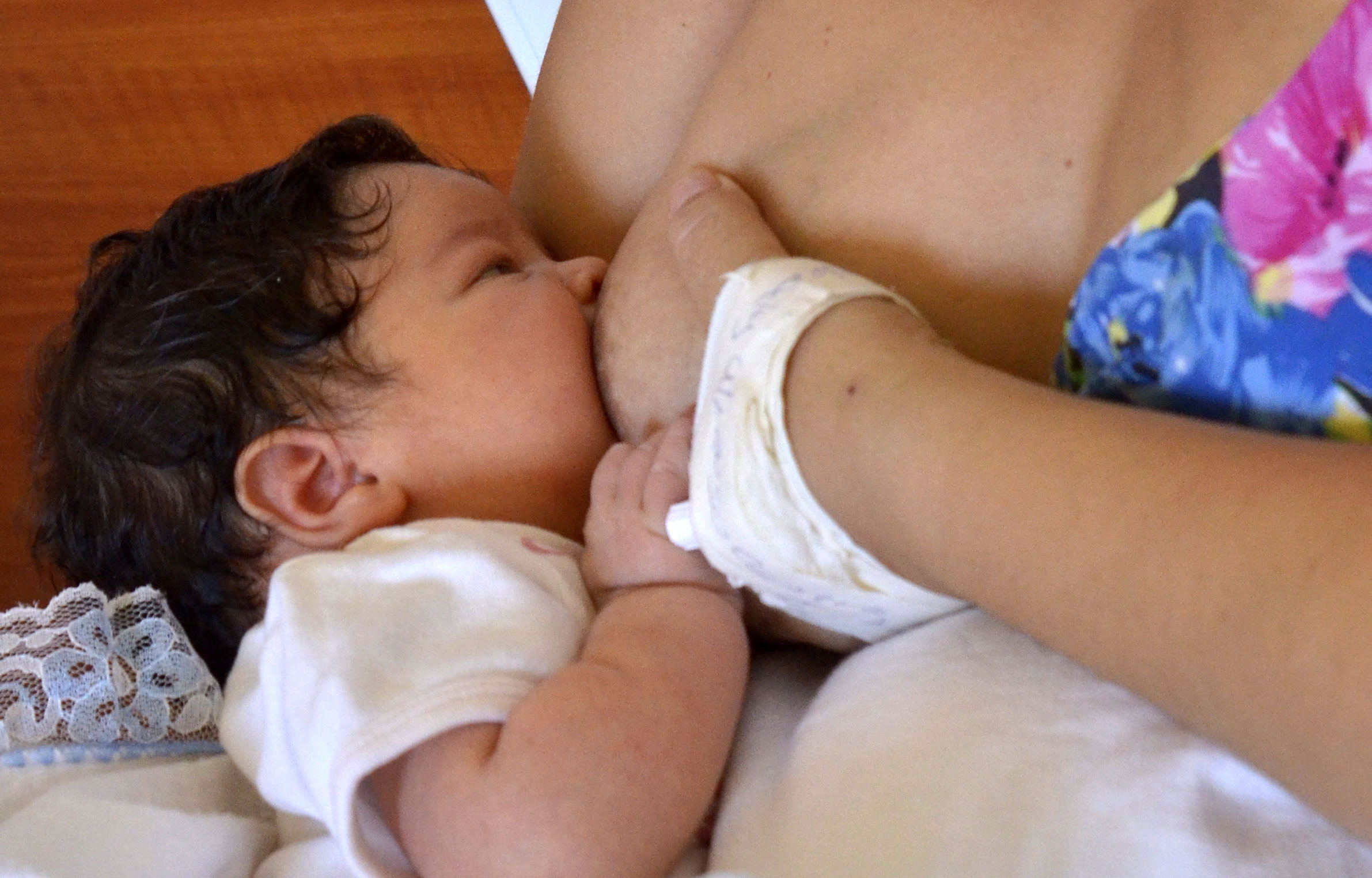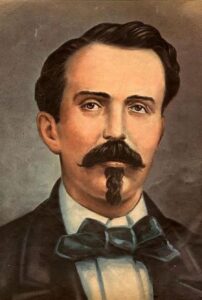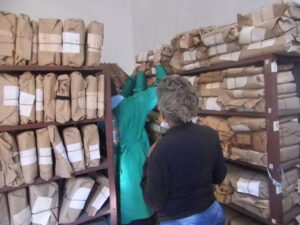Breastfeeding: benefits and love in multiple doses.

Cuba continues to proudly defend breastfeeding as a fundamental pillar in the development and well-being of future generations.

The benefits of breastfeeding are numerous and well documented by the World Health Organization (WHO) and the American Pediatric Association. Breast milk contains specific nutrients, antibodies and other components that protect against diseases and help the child’s development.
There are multiple benefits for the baby, especially because it reduces the risk of diarrhea, nausea and respiratory problems such as pneumonia, the common cold and bronchiolitis. In addition, there is less risk of ear infections and other severe infections, such as bacterial meningitis.

WHO recommends that infants be exclusively breastfed for the first six months of life. Photo: Kodini/Pixabay.
Breast milk is an effective protection against asthma and allergies, prevents the development of chronic diseases, such as obesity and type 2 diabetes, as well as improves oral health and prevents orthodontic problems.
Breastfeeding also offers benefits for the mother. These include reduced risk of breast and ovarian cancer, heart disease and type 2 diabetes.
The WHO recommends that babies should be exclusively breastfed for the first six months of life and thereafter, up to two years of age or more, supplementing the diet with other foods as they are introduced.
According to Dr. Maria Martinez, a leading neonatologist specializing in breastfeeding: «Breast milk is the optimal food for the newborn, as it contains the nutrients necessary for the baby’s healthy growth and development. It also strengthens the bond between mother and baby, which has a positive impact on the child’s emotional and cognitive development.»
Because of its importance, World Breastfeeding Week is celebrated from August 1st to 7th, an event that seeks to raise awareness about breastfeeding and promote public policies that support and protect this habit.
In this sense, Cuba continues to proudly defend breastfeeding as a fundamental pillar in the development and well-being of future generations. With a health policy focused on promoting healthy practices from the first days of life, our country guarantees that every mother has the necessary support to breastfeed her children.
For this reason, Cuba has been internationally recognized for its public health efforts and breastfeeding is no exception. With a health infrastructure that prioritizes prevention and education, our country has implemented effective strategies to protect and promote this practice.
One of the main initiatives is the Breastfeeding Program, coordinated by the Ministry of Public Health, which is integrated through a network of hospitals, clinics and community health centers in the country.

Cuba continues to proudly defend breastfeeding as a fundamental pillar in the development and well-being of future generations. Photo: Roberto Carlos Medina/Workers
A key element in this program is specialized training for health professionals. Doctors, nurses and nutritionists receive ongoing training on the benefits of breast milk and best practices to support breastfeeding mothers. This knowledge is passed on to mothers from the earliest days of pregnancy, paving the way for a successful start to breastfeeding.
From the community point of view, there are Breastfeeding Support Groups, which are mothers’ circles where experiences, challenges and solutions around breastfeeding are shared. These groups reinforce the importance of social and family support, and become a space where mothers can find guidance to continue breastfeeding.
In addition, the government has established labor policies that favor working mothers. Cuban legislation guarantees extended maternity leave, allowing mothers a considerable period of time to strengthen breastfeeding before returning to work. Once they return to work, they are entitled to specific work breaks to breastfeed or express milk, thus ensuring that breastfeeding can be maintained beyond the initial period.
Breastfeeding protection in Cuba does not end there. Awareness and education campaigns are continuous, using the media, schools and communities to disseminate information about the benefits of breastfeeding, both for the child and the mother. These campaigns are fundamental in the fight against misinformation and myths, which are often major obstacles in the promotion of this natural practice.
It is important to note that despite these efforts Cuba faces challenges as do other countries. Economic limitations and restrictions on access to resources at certain times represent a serious impact on health programs. However, the resilience of the Cuban health system and its focus on prevention and promotion continue to be an example and reference for nations around the world.
Breastfeeding in Cuba is, without a doubt, a public health priority, intimately linked to the well-being of future generations. Through a collective commitment between government, health professionals and community, our country continues to move towards a future where every child has the best possible start in life.
Written by Gabrile Torres.




